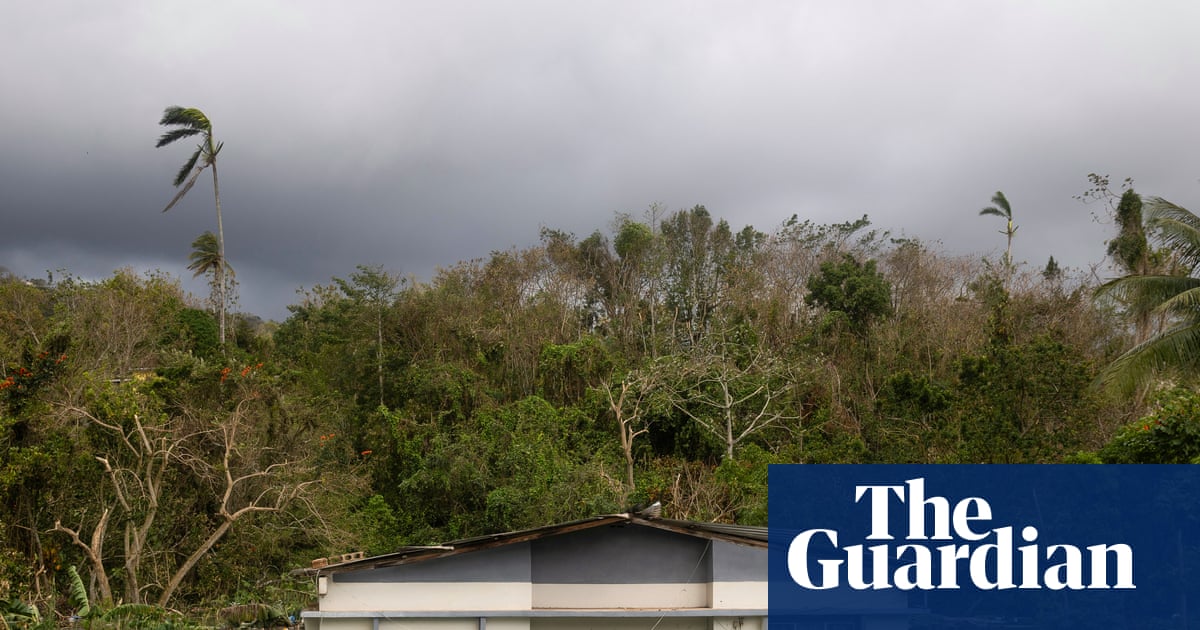
"Jamaican prime minister Andrew Holness has said last week's Hurricane Melissa, the strongest-ever storm to hit the country's shores, caused damage to homes and key infrastructure equivalent to roughly 28% to 32% of last year's gross domestic product. Holness told the Caribbean nation's lower house the $6bn to $7bn estimate was conservative, based on damages assessed so far, and short-term economic output could decline by 8% to 13%."
"Experts describe Melissa to be on the very edge of what is physically possible in the Atlantic Ocean, a storm powered by record sea temperatures, he said. Its force was so immense that seismographs hundreds of miles away registered its passage. Hurricane Melissa wasn't only a tragedy: It was a warning. Melissa slammed into Jamaica's agricultural heartlands, already battered by last year's Hurricane Beryl, which lawmakers said could push up the prices of food. It also tore through parts of the nation's key tourism corridor."
"The prime minister warned that costs would push up Jamaica's debt-to-GDP ratio and that his government would activate emergency provisions to temporarily suspend the country's fiscal rules. Holness, whose government set out credit and insurance provisions for a storm similar to last year's Hurricane Beryl, said he was seeking financial support from regional allies, development agencies and the private sector."
Hurricane Melissa caused an estimated $6bn–$7bn in damage, equivalent to roughly 28–32% of last year’s GDP. The damage estimate is described as conservative and short-term economic output could decline by 8–13%. Costs will push up Jamaica’s debt-to-GDP ratio and the government will activate emergency provisions to temporarily suspend fiscal rules. Credit and insurance provisions exist for storms similar to Hurricane Beryl, and financial support is being sought from regional allies, development agencies and the private sector. The storm was powered by record sea temperatures and registered on seismographs hundreds of miles away. It devastated agricultural heartlands, tore through the tourism corridor, put thousands of tourism workers out of work, and risks raising food prices. Scientists link intensifying storms to greenhouse-gas-driven ocean warming. Plans include rebuilding resilient infrastructure, moving parts of the electric grid underground, and waiving import taxes for some relief.
Read at www.theguardian.com
Unable to calculate read time
Collection
[
|
...
]